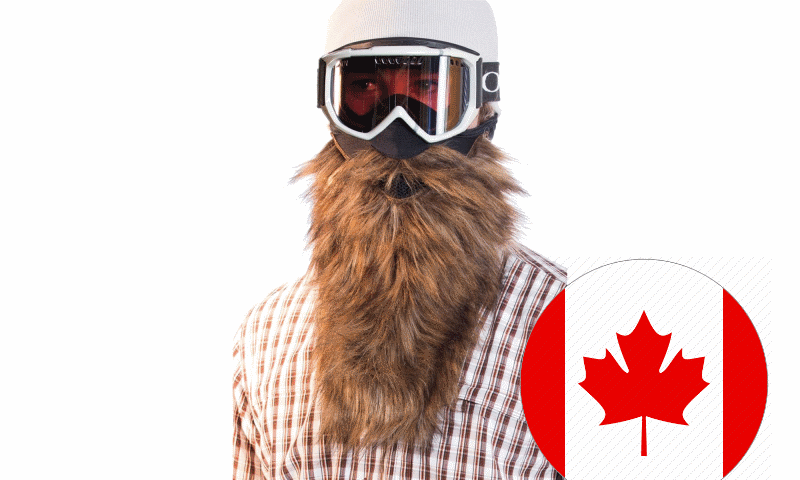In a recent announcement it is now mandatory for air travelers to have protective face coverings for all air travel.
While this may seem to be a reasonable requirement in the effort to reduce the spread of the current virus, it raises some issues as to how this actually is effective in a real life situation.
The current announcement from Transport Canada on April 17th reads as follows
Today, the Minister of Transport, the Honourable Marc Garneau, announced new measures requiring all air passengers to have a non-medical mask or face covering to cover their mouth and nose during travel. These measures come into effect at noon EDT on April 20, 2020.
When travelling by air, travellers will be asked to cover their mouth and nose:
- at Canadian airport screening checkpoints, where the screeners cannot always keep two metres of separation between themselves and the traveller;
- when they cannot physically distance from others, or as directed by the airline employees; and
- when directed to do so by a public health order or public health official.
Aviation passengers on all flights departing or arriving at Canadian airports will also be required to demonstrate they have the necessary non-medical mask or face covering during the boarding process otherwise they will not be allowed to continue on their journey. Passengers should follow the current Public Health Agency of Canada’s guidance on face coverings.
When travelling by marine modes of transportation, travellers are encouraged to wear non-medical masks or face coverings whenever possible. In addition, operators of ferries and essential passenger vessels will, when feasible:
- provide public messaging to travellers about the need to have a non-medical mask or face covering to cover their mouth and nose during their journey when they cannot maintain physical distance from others, and that passengers could be subject to denial of boarding should they fail to comply.
Passengers travelling by rail or motor carrier/bus modes of transportation are also strongly encouraged to wear non-medical masks or face coverings as much as possible. Passengers may be asked by the transportation operator to cover their noses and mouths when physical distancing is not possible.
If you follow the link provided you will see what are acceptable as facial coverings. These items include handmade masks made from two layers of material including cotton sheets, t-shirts, fabric, bandanas and coffee filters.
Will these masks stop the spread of a coronavirus? Unlikely, according to David Powell, a physician and medical adviser to the International Air Transport Association. Masks and gloves do a better job of spreading bugs than stopping them, he said.
In an article published in the National Post he states:
Masks are useful for those who are unwell to protect other people from them. But wearing a mask all the time will be ineffective. It will allow viruses to be transmitted around it, through it and worse still, if it becomes moist it will encourage the growth of viruses and bacteria.
Confused? It gets worse. According to Health Canada recommendations, Non-medical masks or face coverings should not:
- be placed on children under the age of 2 years
- be placed on anyone unable to remove them without assistance or anyone who has trouble breathing
- be made of plastic or other non-breathable materials
- be made exclusively of materials that easily fall apart, such as tissues
- be secured with tape or other inappropriate materials
- be shared with others
- impair vision or interfere with tasks
Can children fly without masks? Yes, based on the regulations listed by Transport Canada. Can children carry the Covid-19 virus? Apparently, hence the reason schools are closed.
Can people with physical disabilities fly? Yes, and based on the regulations above they may be exempt from having to wear a mask. Can they carry the virus? Evidence suggests anyone can carry the virus.
It might be a good time for politicians to sit down with a larger group of scientists and health care providers to discuss the realities of the issues, before issuing regulations.Stick to rules that are acceptable to the majority, and rules that scientists agree will help. If different government agencies are contradicting each other, the government looks inept.
Common sense already prevents a lot of people from unecessary travel, as does the fact that there are international restrictions already in place and very few flights anywhere. For those that do travel, whether by air, bus, train or vehicle, they should protect themselves as best as possible, whenever they are in close quarters with others. Homemade masks? Not so sure about that being something to mandate.
Maybe we direct all the money that was allocated to facial recognition software to providing real protective masks for travelers.
Politicians would be wise to stop trying to regulate common sense, before people just stop listening altogether. That is definitely not a road we want to travel, with masks or without.










